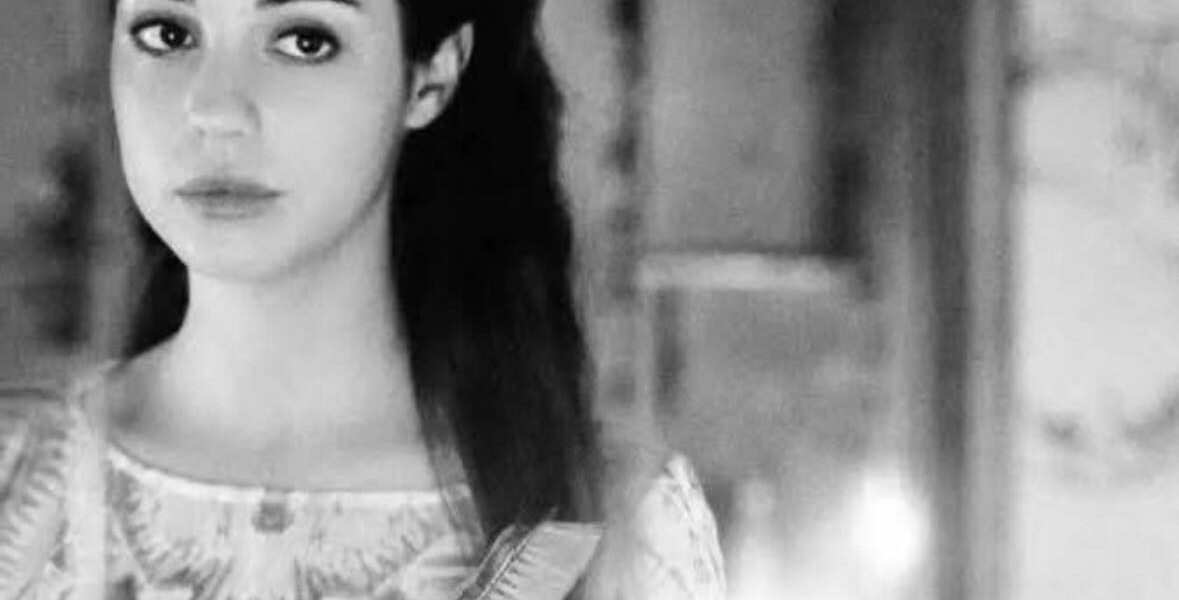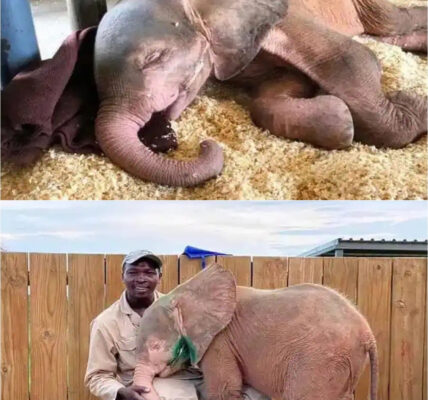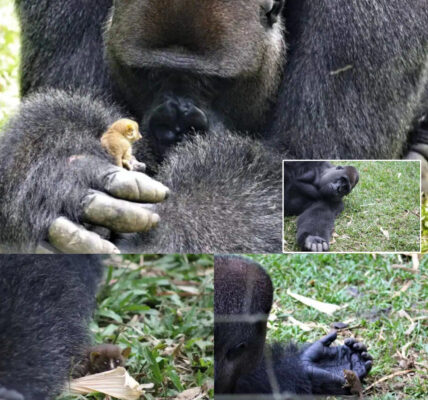In the summer of 1856, beneath the sweltering Louisiana sun and the veil of Southern gentility, the Bellemont Manor stood proud and pristine—a symbol of the Sinclair family’s wealth and social power. The estate, with its white columns, sprawling gardens, and fields that stretched far beyond the horizon, belonged to one of the most prominent families in the region. But behind the grandeur and etiquette was a daughter who refused to follow the rules.

Mary Sinclair was the only child of Charles and Eleanor Sinclair. With her raven-black hair, intelligent gray eyes, and a streak of defiance that no corset could contain, Mary was admired by many but understood by few. To her parents, she was a pawn to be placed strategically in the marriage market—an asset to secure more wealth and status. But Mary dreamed of more than embroidered gowns and calculated courtships. She longed for freedom, for purpose… for something real.
That “something real” came one sultry summer evening.
At a grand ball hosted in her honor, meant to introduce her to yet another eligible bachelor, Mary found herself stifled by the artificial smiles and rehearsed conversations. She quietly slipped away from the glittering chandelier-lit ballroom and wandered into the garden, barefoot and breathless beneath a canopy of stars.
That’s where she saw him.
William Carter was a stable hand—quiet, observant, and different. A man of few words but deep thoughts, his hands were rough from labor, yet his soul was rich with dreams. Their eyes met beneath the magnolia tree, where the scent of sweet blossoms hung thick in the air, and something unspoken passed between them. That night, they spoke until the stars faded into dawn—about life, books, dreams, and the things that neither of them could say aloud in the world they lived in.
From that moment on, their secret meetings became their salvation. William would leave a single magnolia bloom outside the garden gate—a sign for Mary. And she, bold in her rebellion, would come.
He told her he dreamed of owning land, being his own man. She told him of her longing to break free from the golden cage she was raised in. With each passing night, they built a world of their own—fragile, secret, and beautiful.
But the South was not kind to lovers like them.
When Mary’s father discovered their relationship, fury erupted like wildfire. He saw William as nothing more than a trespasser, a disgrace. Mary was locked away in her room, and within days, her engagement to a wealthy New Orleans businessman was arranged. She was to be sent away and married off as soon as possible—her will broken, her rebellion crushed.
William was fired without a word of thanks, cast out with nothing but the clothes on his back and a heart filled with grief.
But he did not give up.
He walked for miles. Took whatever work he could find—mucking stalls, fixing fences, cleaning barns. He followed whispers of her whereabouts until, finally, he arrived in New Orleans just days before her wedding.
Mary had thought she’d never see him again. That her fate was sealed. But fate has a way of favoring the brave.
One evening, from the balcony of her family’s lavish home, she spotted him on the street below—dust-covered and weary, but there. Her heart nearly leapt from her chest. That night, with the help of her loyal maid, she slipped out under the cover of darkness.
At the docks, a ship bound for the North awaited. William stood beneath the same stars they had once watched together in Louisiana. And there, with nothing but each other, they sailed into the unknown.
They settled in a small town in Pennsylvania, far from the rules and judgments of the South. William became a respected horse trainer; Mary opened a modest school for children. Their life was simple—but free.
They had no fortune, no title, and no approval from the world they left behind.
But they had love.
Enduring, unwavering, magnificent love.
And in that love, they found everything they needed.
Years later, people in the town would still talk about the elegant schoolteacher with fire in her eyes, and the quiet man who trained the finest horses in the region. But no one knew the full story—of the magnolia signals, the midnight escape, or the Southern belle who risked everything to love a stable hand.
That story, whispered only between them, remained theirs.
“And so the magnolia bloomed, not just once, but forever—in every moment they chose love over fear.”




